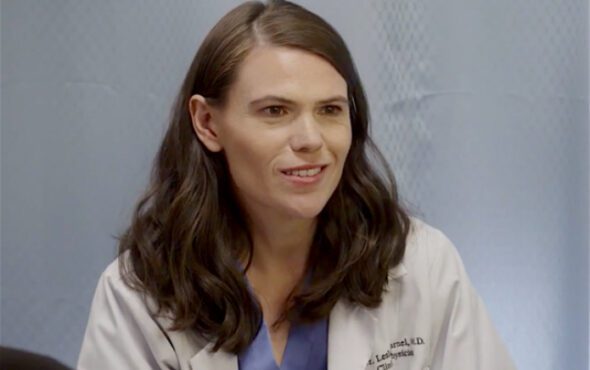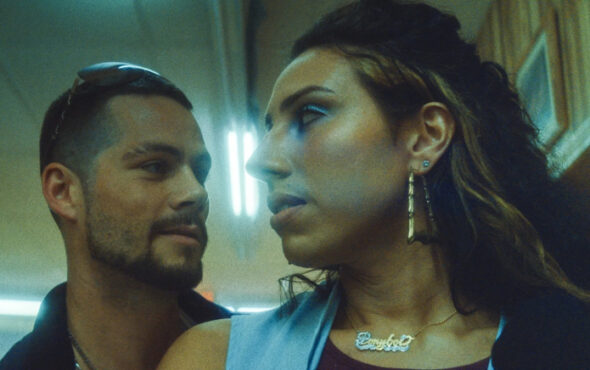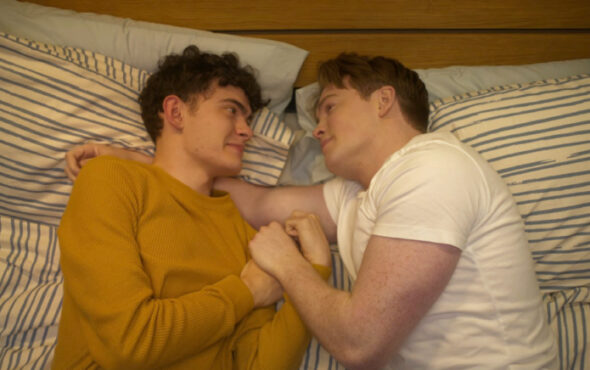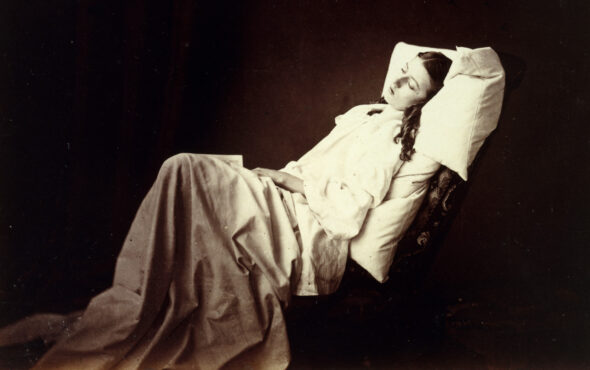
Happiest Season director Clea DuVall has opened up about coming out in Hollywood in a new interview.
Since her debut in the 90s, The Faculty star has curated an expansive career in the entertainment industry as a talented actor.
Alongside her impressive acting resume, the 45-year-old talent has also made a name for herself as a successful openly gay director and producer.
While DuVall’s career has been on a continued upward trajectory with hit queer projects like Hulu’s Happiest Season and Freeve’s High School, it wasn’t always an easy ride for the talented creative.
In a recent interview with The Independent, the Heroes star opened up about her emotional coming-out journey and the lack of LGBTQ+ representation growing up.
“I came out at 16. That was something I remember. But honestly, until I was in my thirties, I was just kind of surviving,” she told the news outlet.
“I would write poems, sci-fi stories, love stories. Always with a guy and a girl but always wanting to make them both girls. All my heroes were people I wished were gay but weren’t. I was obsessed with PJ Harvey, Courtney Love and Liz Phair.
“Justine from Elastica… I was like, ‘So you’re not gay? Are you suuuure you’re not gay?’ Being a teenager was me just wishing the people I most admired were like me.”
View this post on Instagram
Elsewhere in the interview, DuVall recalled being terrified to come out during the early years of her career – especially after the release of the LGBTQ+ cult classic, But I’m A Cheerleader.
“I was very closeted and very afraid of people finding out I was gay. It was the Nineties, there was no conversation about sexuality – you were just not going to talk about it,” she explained.
“It was dangerous. It was such a scary time. Once it came out and we started the press cycle for it, I remember feeling like, ‘Oh s*** – I need to hide, I need to stop,'” she said.
DuVall went on to say that after the film’s release, she avoided doing interviews and taking on other gay roles despite getting an array of opportunities.
“I could either try to convince people that I was not who I am, or embrace who I was and not who I am, or embrace who I was and come out,” she added.
“So much pain comes from not accepting yourself for who you are. I’ve seen so many people bending over backwards and tying themselves in knots.”
Despite her initial fears at the start of her career, DuVall publicly opened up about her sexuality for the first during the 2016 Sundance festival.
“The time that it took to [come out] helped shape the person that I’ve become,” she added. “I feel settled. I feel more at peace with myself.”



